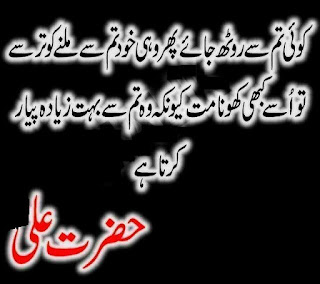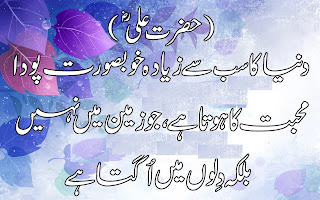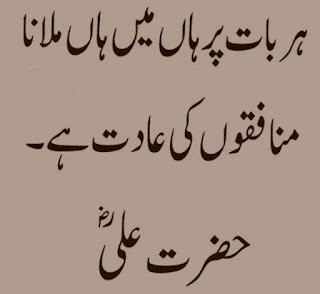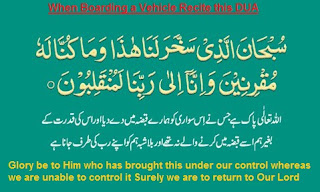Hifazat ki Dua - Dua for Protection
 |
| Hifazat ki Dua |
بسم الله توكلت علي الله ولا حول ولا قوة الا بالله العلي العظيم
Hifazat ki Dua in Urdu / Hindi :
Bismillāhi tawakkaltu ‘ala Allāh wa lā ḥaula wa lā quwwata illā billāhi ‘l-’aliyyi ‘l-’aẓhīm
حفاظت کی دعا
ميں اﷲ تعاليٰ كے نام كے ساته نكلا. ميں نے اﷲ تعاليٰ پر بهروسه كيا .طاقت و قوت اﷲ تعاليٰ هي كي طرف سے هے
Dua for Protection in English :
(I leave) with Allah's name. I rely on Allah. There is no power to do good or abstain from evil except with Allah's help.
Aik aur Hifazat ki Dua - Another Dua for Protection
 |
| Dua for Protection |
حَسْبُنَا اللَّهُ وَنِعْمَ الْوَكِيلُ
Hifazat ki Dua in Urdu / Hindi :
“Hasbunallahu wa ni`mal Wakil’
حفاظت کی دعا
ہم کو اللّهُ کافی ہے اور وہ بہت اچھا کارساز ہے
Dua for Protection in English :
Allah (Alone) is Sufficient for us, and He is the Best Disposer of affairs (for us).”
One of the name of Allah Almighty is Ya Hafizu (The Preserver). This can also be recited as Dua for Protection.
As
the name Ya Hafizu tells us that Allah is The Preserver and The
Protector. Allah is the most powerful so we should always seek help and
protection from Him. What ever is in universe is created by Allah and He
have best knowledge of everything and He is the most powerful that
means He is the only one Who can protect us from everything.
It is
our believe that Allah alone is sufficient for us and He is best
protector. The dua above “Hasbunallahu wa ni`mal Wakil’" meaning Allah
(Alone) is Sufficient for us, and He is the Best Disposer of affairs
(for us); is best for Muslims to recite in every difficulty and in every
danger.
We should read Surah Al-Fil, chapter 105 of the Holy Quran and understand it :
"Have you not considered, [O Muhammad], how your Lord dealt with the companions of the elephant?
Did He not make their plan into misguidance?
And He sent against them birds in flocks,
Striking them with stones of hard clay,
And He made them like eaten straw."














